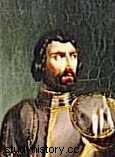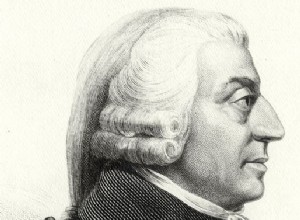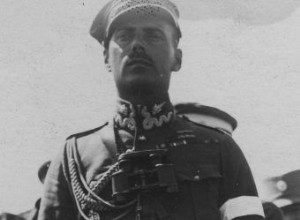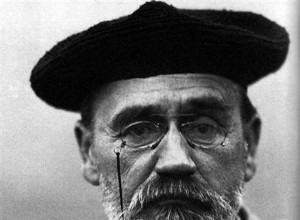In 1507 he accompanied Louis XII to Genoa, for the fourth expedition to Italy. After Marignan, François I then conquered the Milanese and appointed him constable and viceroy of the Milanese. In 1521 his wife died and Louise of Savoy, mother of Francis I, claimed the fiefs of the Bourbons. The trial




